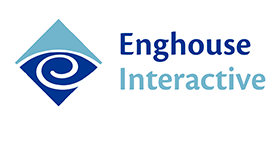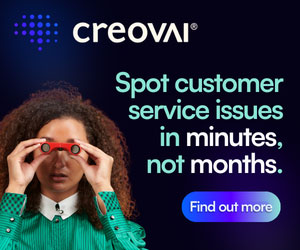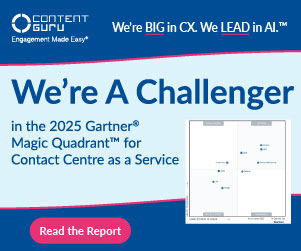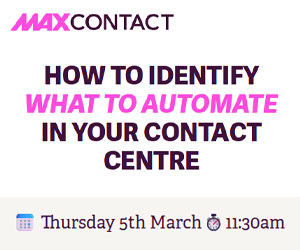Half of consumers (50%) say they wouldn’t be willing to pay more to receive good customer service and just a fifth (21%) say they would be willing to pay over 10% more. That’s according to a new consumer survey conducted by Enghouse Interactive.
Yet, in a separate survey commissioned by Enghouse, 85% of IT professionals working for UK organisations said they think customers would be willing to pay more to receive good customer service. 25% of this survey sample even said they thought customers would be willing to pay up to 30% more to receive this and 11% said up to 40% more.
Judith Schuder, VP Marketing EMEA at Enghouse Interactive, said: “It shows the difference in attitude that still persists between many businesses and their customers today.
“Some organisations may see an opportunity to monetise great customer service, but today’s consumers increasingly think service excellence should be a given. It is critically important to them but they believe it is what businesses should be doing. If they don’t, they will likely vote with their feet and leave.”
In that sense, the customer experience is increasingly the key differentiator that businesses need to pay attention to. When consumers were asked what is the biggest influence on their purchasing decisions, ease of doing business came in at 26%, well ahead of quality of goods/services (20%).
Organisations have a very different perspective, though. According to IT professionals, quality of goods and services has the biggest influence on customers’ purchasing decisions (35%). This is followed by good price (18%) and ease of doing business (13%).
While businesses are bringing on new channels, change is not always keeping up with consumer preferences.
Just 18% of consumers said that they wanted email to be the most prevalent customer service option organisations would offer them in two years’ time. Yet it is expected to be the channel most used by business in 2024.
Schuder added: “There is clearly still a disconnect between what organisations are offering in terms of communications channels and a customer experience and what consumers actually want and expect. With customer service increasingly a key differentiator, businesses will need to close that expectation gap quickly to stay ahead of the competition.”
To see the full findings of the study, download the research report.
For more information about Enghouse Interactive - visit the Enghouse Interactive Website
Call Centre Helper is not responsible for the content of these guest blog posts. The opinions expressed in this article are those of the author, and do not necessarily reflect those of Call Centre Helper.
Author: Enghouse Interactive
Published On: 9th May 2022 - Last modified: 10th May 2022
Read more about - Guest Blogs, Enghouse Interactive






 Enghouse Interactive delivers technology and expertise to help bring your customers closer to your business through its wide range of customer contact solutions.
Enghouse Interactive delivers technology and expertise to help bring your customers closer to your business through its wide range of customer contact solutions. 




























